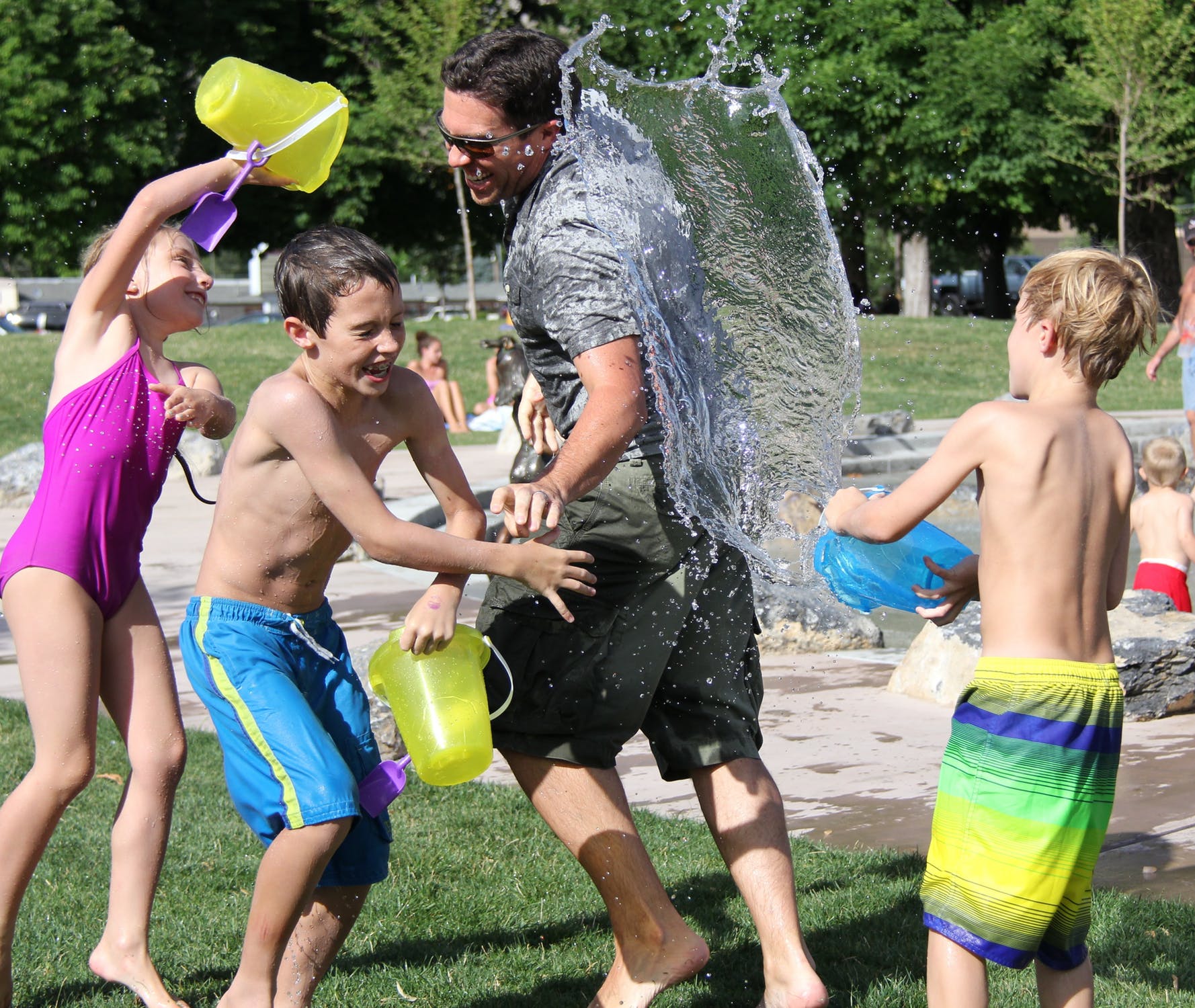Seeds Of Reading – July 2013
The parents of a newborn have the awe-inspiring privilege and responsibility to watch their child grow and learn. Each first is exciting, whether it is their baby’s first smile, first time rolling over, first steps, or first word. Each new accomplishment is the beginning of a journey that extends throughout a lifetime.
One journey that many new parents are surprised to learn begins at birth is that of literacy. Long before formal education is introduced, the foundation for learning to read is established. One of the earliest ways in which this occurs is when parents and caregivers talk to a newborn. Verbal communication allows a baby to hear the sounds and rhythms of language, and it provides an opportunity to learn how communication takes place. It is important to note that exposing a child to language (e.g., watching television) is not the same as interacting with language (e.g., using eye contact while speaking and responding to a child).
To easily and effectively promote the early literacy skills of babies and toddlers, follow these simple suggestions:
|
|
BABIES |
TODDLERS |
|
Yackity-Yack! |
Talk to your baby throughout the day. Describe what you are doing, what you see, and where you are going. Your child will learn words, ideas, and how language works. |
Ask questions and listen carefully to your toddler’s answers. Encourage him to tell you what he thinks, wants, and needs. Your child will learn how to express himself. |
|
Sound Off! |
Encourage your baby to coo, babble, and growl; it’s her way of practicing the sounds of speech. Praise her attempts to mimic you. |
Play with the sounds of language by reciting rhyming poems, singing songs, and chanting nursery rhymes. Try leaving out a word to see if she can “fill in the blank.” |
|
Best Books! |
Choose cloth, plastic (bathtub books), or board books with bright and bold colors and high-contrast illustrations. Place them where your baby can reach them; be prepared for him to place the books in his mouth. |
Select attention-grabbing books that will keep your child’s hands busy. Books with different textures and flaps to peek under, and those with sounds are great for toddlers to explore. Look for books about everyday experiences that your child will identify with. |
|
Reading Time! |
Hold your baby closely as you read a book together; she will enjoy the snuggling and will learn to associate reading a book with feeling safe and secure. Pack a book in the diaper bag and pull it out whenever you have a few minutes of one-on-one time. Your baby will learn that books can be read anytime, anywhere. |
A toddler’s attention span is shorter than a baby’s, so keep reading time short and simple. Instead of reading several books during a twenty minute time period, break it into four sessions of five minutes each spread throughout the day. Don’t worry about finishing each book if she is ready to move on to another activity. It’s important to make reading time a pleasurable experience. |




